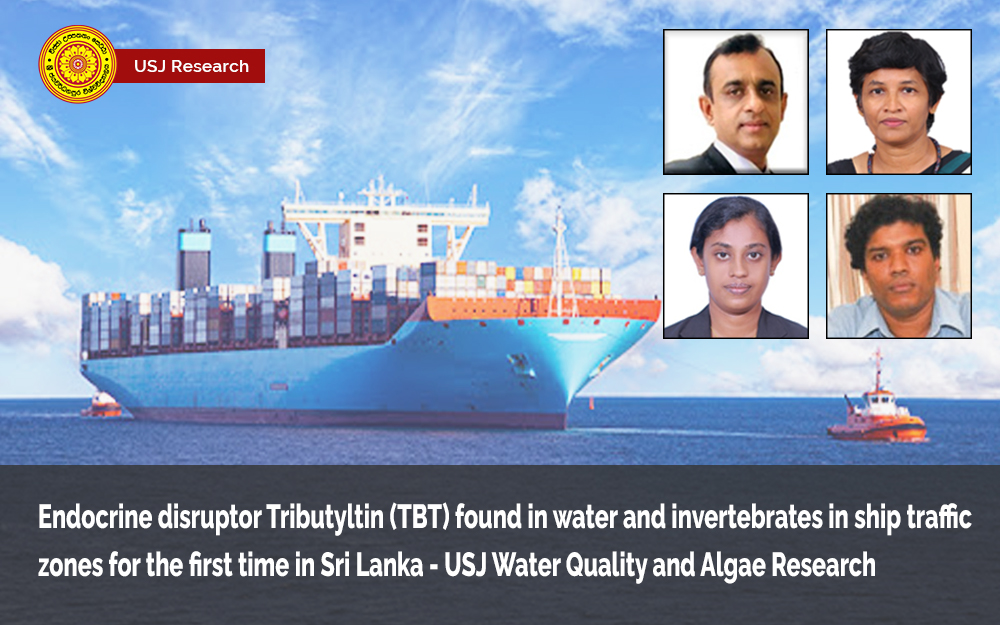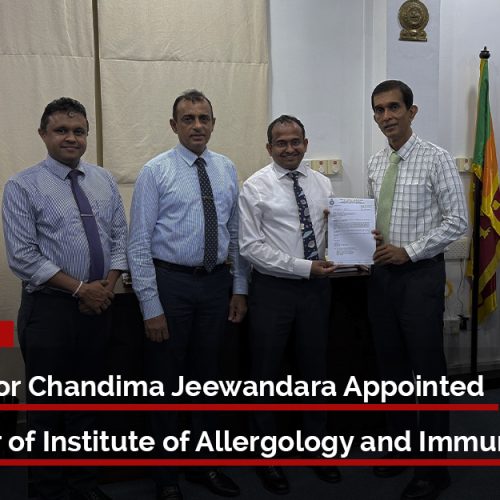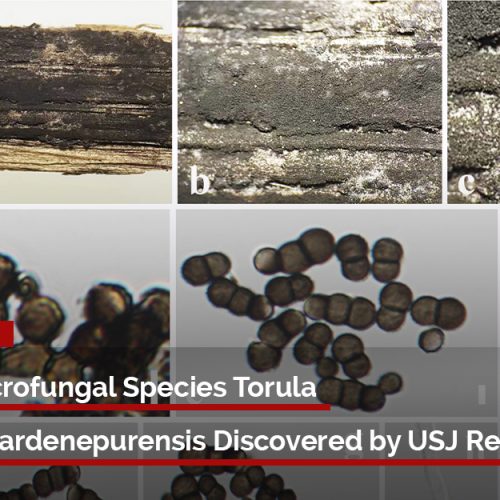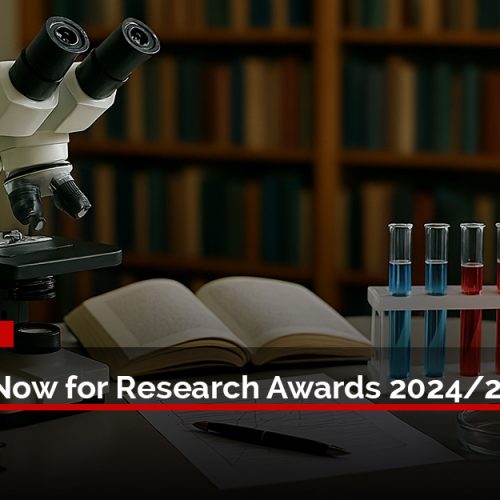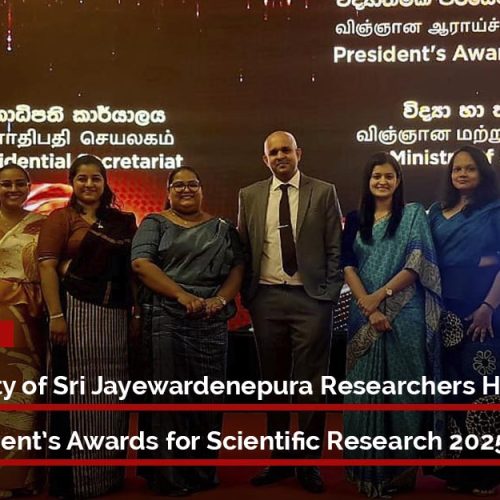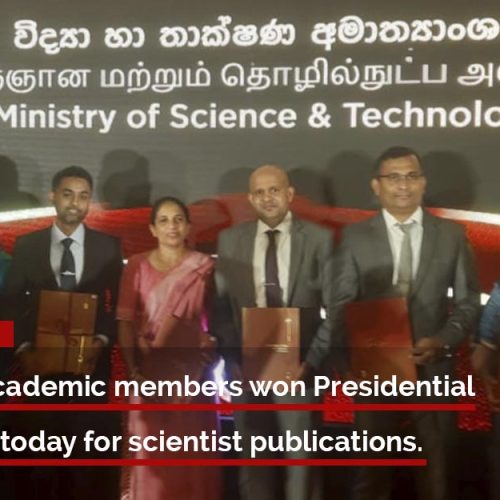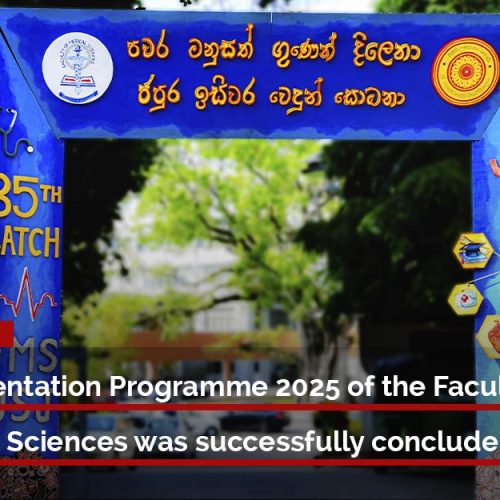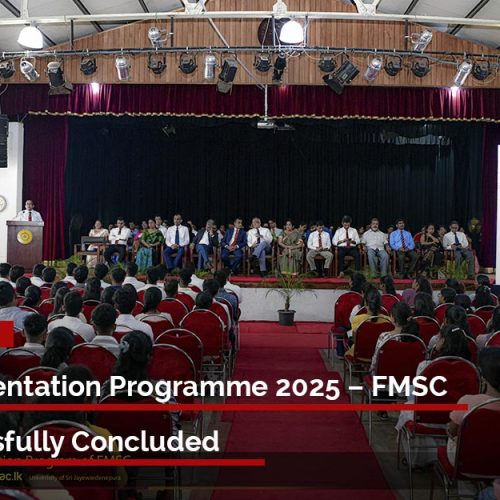Marine xenobiotics (chemical substances that are foreign to animal life) pose a serious threat to marine biodiversity due to their endocrine disrupting effects. Researchers at Centre for Water Quality and Algae Research have detected and quantified, Endocrine disruptor Tributyltin TBT in water, sediment, and biota. “This was the first time TBT contamination in Sri Lankan water, soil, and crustaceans has been discovered along the down-south costal belt.” says Prof. M. M. Pathmalal, Dean of the Faculty of Graduate studies who is a member of the research team.
He says, “Our research team is also looking at the deleterious effects of TBT on aquatic species, as well as the development of imposex (Sex change in female to male), an irreversible syndrome caused by TBT pollution. According to the laboratory studies, TBT exposure reduced the fertility in zebrafish models, including the capacity of eggs to hatch. TBT severely affects reproductive hormone balance in animals by inhibiting estrogen production. It has a significant impact on the decline of biodiversity due to the increase of male population in the ecosystem. Finally, humans are exposed to TBT mostly through the consumption of contaminated water and seafood, which poses a health risk to those who are regularly exposed to contaminated water and seafood.” Solid Phase Micro Extraction and Gas Chromatography Mass Spectrometry method was used to screen the TBT contamination.
The research team included Ms. K.R.V. Bandara, a Ph.D candidate in the Department of Zoology, Prof. S.D.M. Chinthaka of the Faculty of Applied Sciences’ Department of Chemistry, and Snr. Prof. S.G. Yasawardene of the Faculty of Medical Sciences’ Department of Anatomy. The research was carried out at the University of Sri Jayewardenepura’s Centre for Water Quality and Algae Research, Department of Zoology, Instrument Centre, and Faculty of Medical Sciences. This project was supported by the University of Sri Jayewardenepura through Research Grant.
Read the full Article: https://doi.org/10.1016/j.marpolbul.2021.112202
Download the PDF file
Read more Research Articles :
USJ and USDA-ARS collaborative research team discovered new Pathogenic Fungal species
Biofuel from Cyanobacteria and paper waste – The Centre for Water Quality and Algae Research

